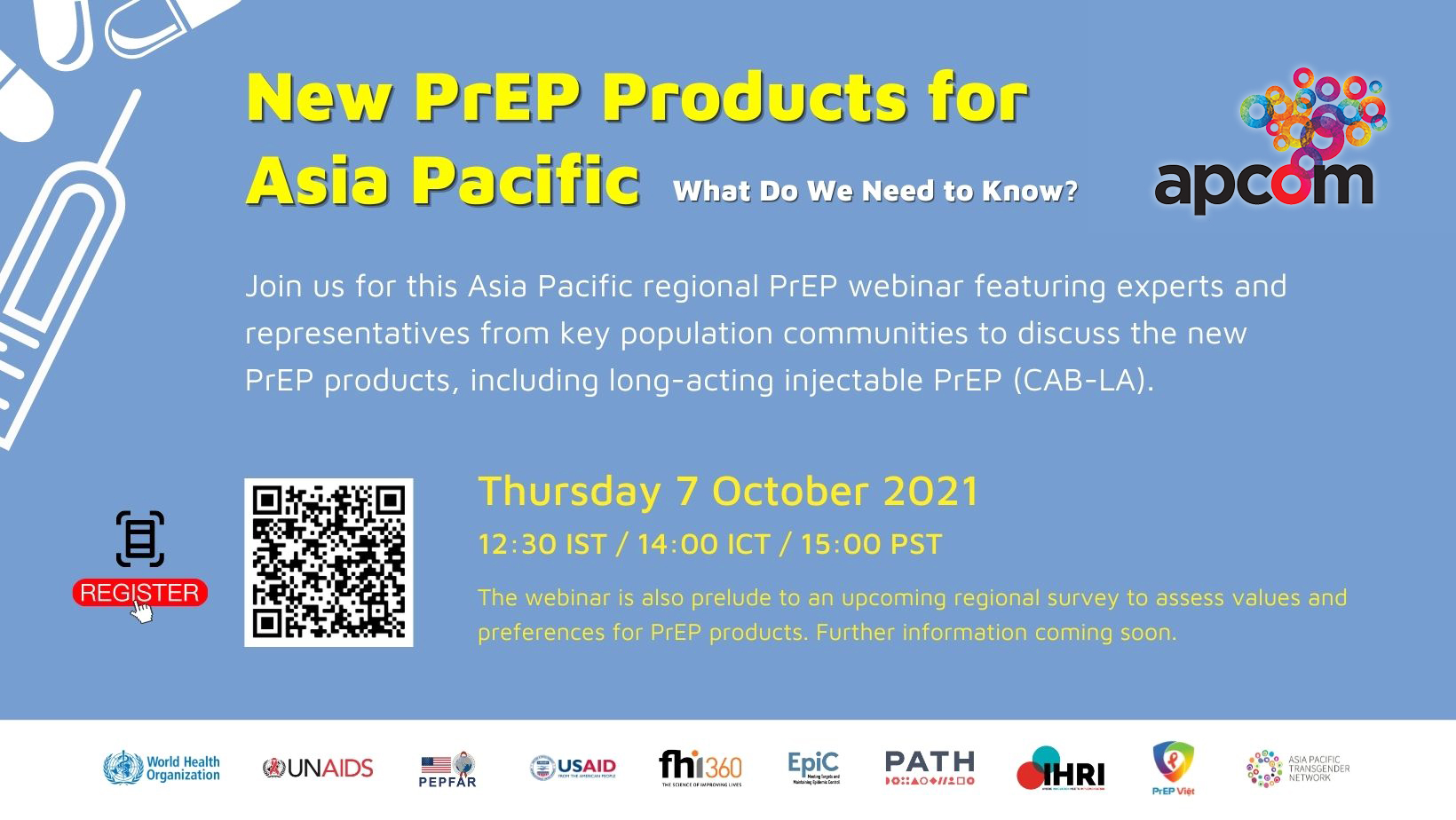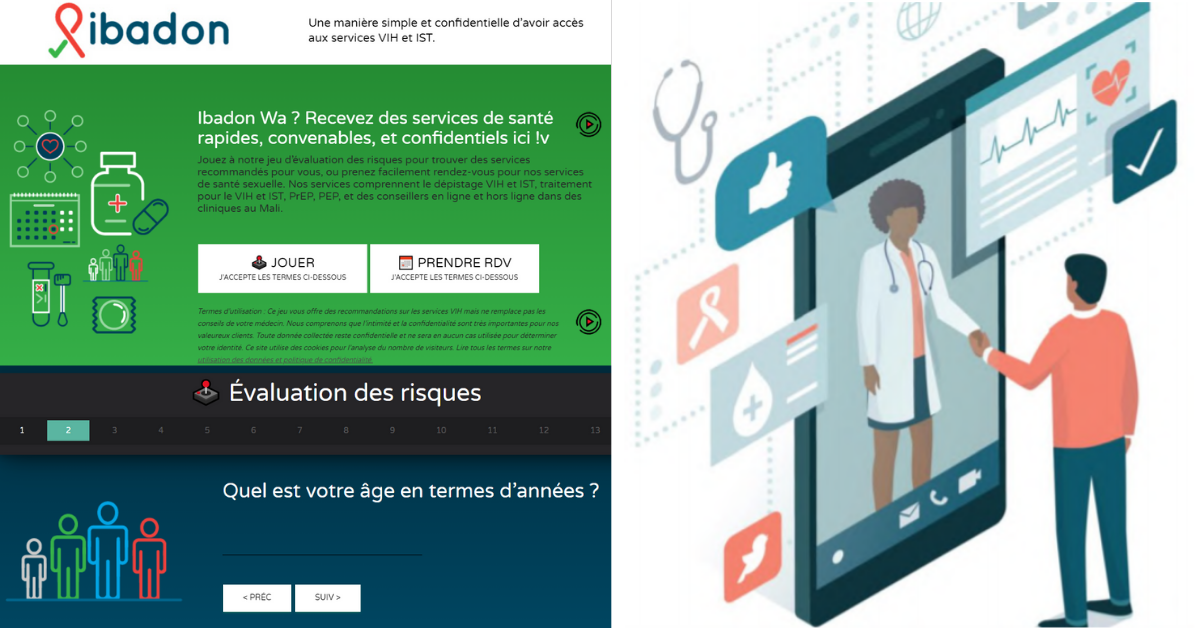
Month: October 2021

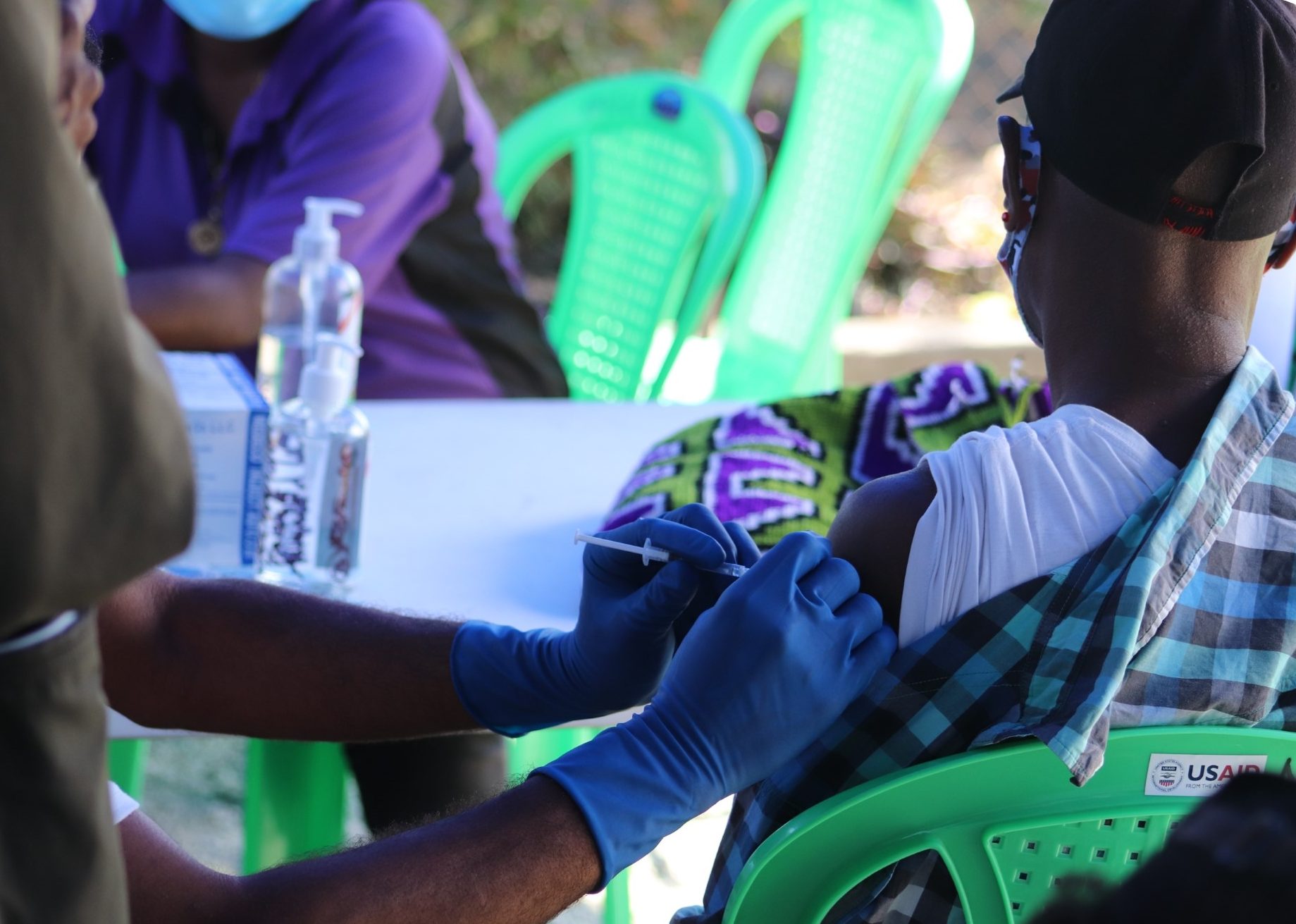
Building confidence to improve COVID-19 vaccine coverage among key populations in Papua New Guinea
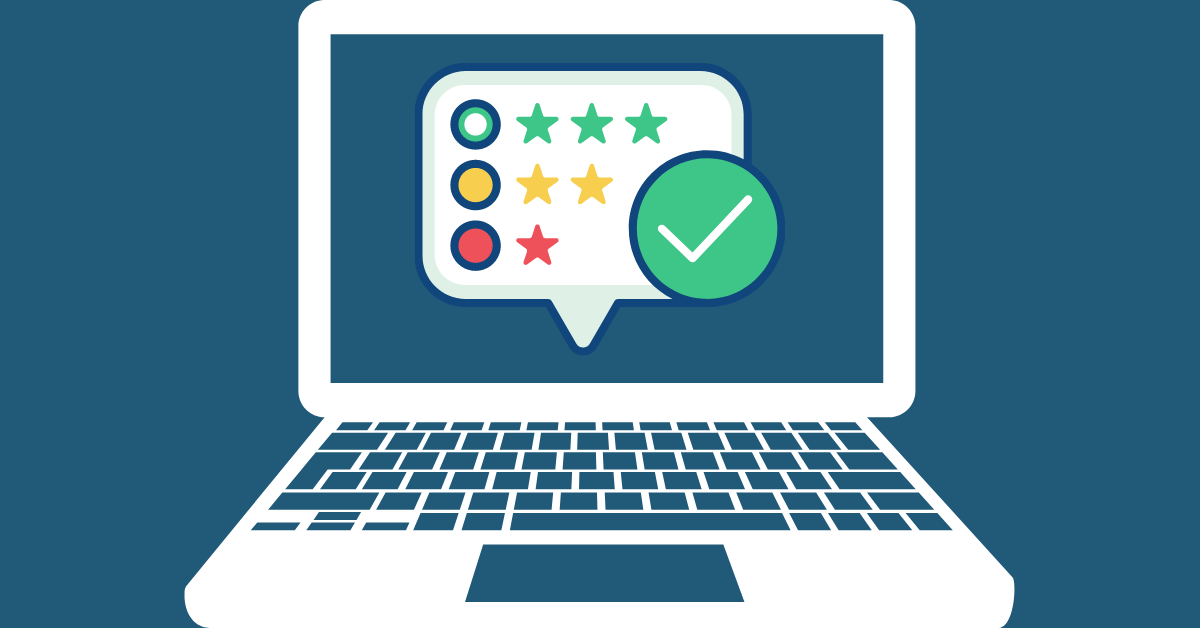
Keeping our ears and minds open: Monitoring and evaluation for a virtual training

Young doctor from Bhutan leads the country’s COVID-19 response
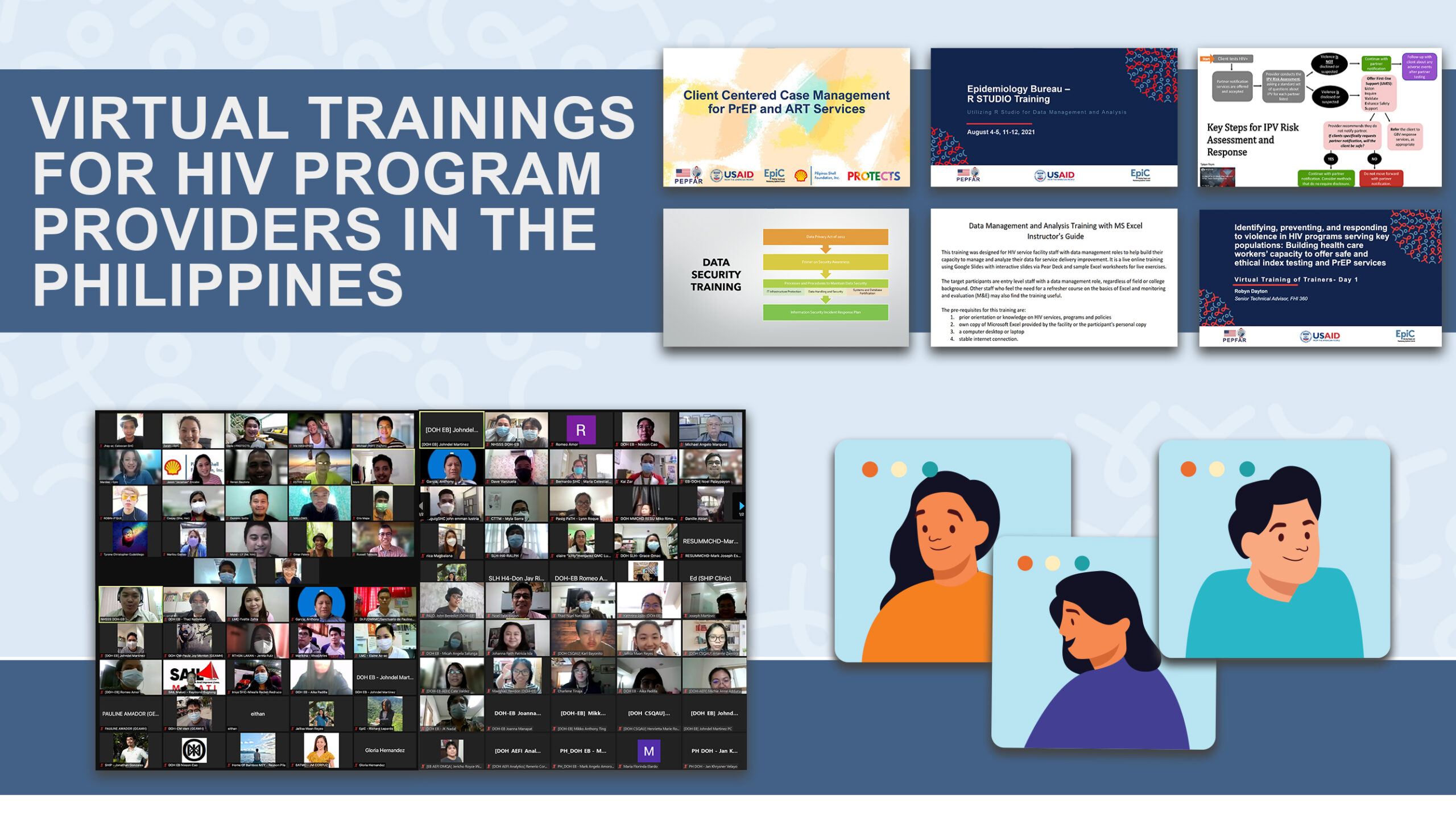
Going online to support HIV program providers and performance during COVID-19 in the Philippines
